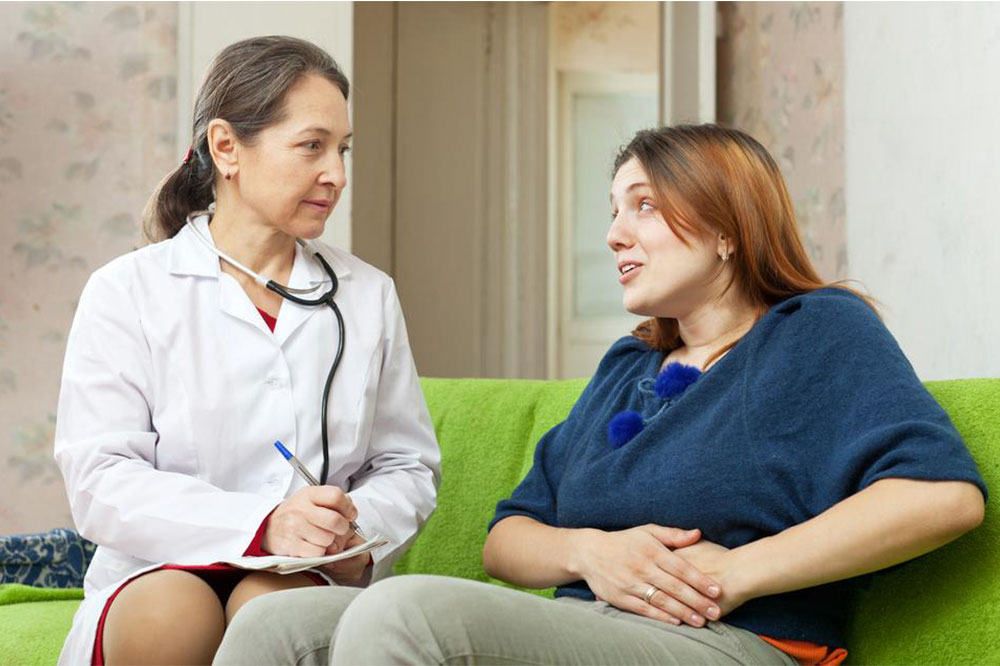
Common Symptoms of Colon Cancer
Small bunches of cells that develop on the lining of the colon are known as colon polyps. The colon or the intestine is the long tube-like organ running from the stomach to the anus. It helps the body absorb water and nutrients from digested food, and helps in the elimination of solid waste matter via the rectum and anus.
The colorectal polyps can appear on the inner lining of the large intestine and pass to the rectum. While most colon polyps are harmless, they pose a potential risk to develop cancer during the later stages. Colon polyps are caused by abnormal tissue growth where the body is unable to make new cells to replace the old or damaged ones.
While the common symptoms of colon cancer show up during various stages, initially, there are a few warning signs like rectal bleeding and irregular bowel movements.
While colon cancer usually affects older adults, it can happen at any age, depending on the lifestyle and various habits. It’s recommended to undergo regular screening tests to identify polyps and administer the right treatment before they convert to cancer.
The most common symptoms of colon cancer can also be symptoms of a condition unrelated to cancer. These could be irritable bowel syndrome, hemorrhoids, inflammatory bowel disease, and others. If these signs persist for over 2 weeks, one should visit the doctor. The signs and symptoms of colorectal cancer include:
- Significant changes in bowel habits like constipation, diarrhea, and/or narrow stools that don’t go away. This can also be the presence of large colon polyps or other conditions
- A feeling like you’ve not emptied bowels completely even after having a bowel movement
- Cramping in the rectum
- Abdominal cramps likely caused by the presence of large polyps that obstruct the bowel partially
- Rectal bleeding that can indicate the formation of colon polyps, hemorrhoids, minor tears in the anus, or cancer
- Blood in stool or changes in stool color, often appearing very dark in color. However, a change in stool color is also due to certain foods, medications, or some supplements
- Anemia due to iron deficiency where bleeding from polyps don’t show the appearance of blood in stools immediately. The bleeding causes iron deficiency and decreases the formation of hemoglobin to carry blood to the body. This leads to feelings of extreme tiredness and fatigue, and also shortness of breath
- Feeling gassy and passing excessive amounts of gas
Symptoms of colorectal cancer during the later stages
Common symptoms of colon cancer in the third or the fourth stage include:
- Drastic changes in bowel habits that last for over a month
- Unexplained weakness and unintentional weight loss
- Excessive fatigue that lasts for days
- Vomiting profusely
- Unable to empty the bowels completely (accompanied by a feeling that your bowels are not empty)
Other signals
If colon cancer spreads to other parts of the body, you experience the following conditions:
- Jaundice
- Swelling of hands or feet
- Difficulty in breathing
- Chronic and long-lasting headaches
- Blurred vision
- Fragile bones



